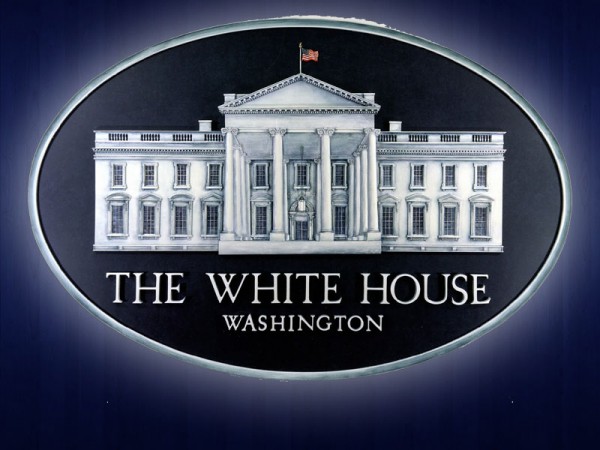SEATTLE - Software giant Microsoft Corp. tweaks its organizational structure so often that some in the industry have come to refer to the changes as the annual spring cleaning.
This year's restructuring, which included the resignation Wednesday of president and chief operating officer Rick Belluzzo, is just more evidence that, despite the occasional interloper, Microsoft's destiny likely always will be in the hands of chairman Bill Gates and his longtime sidekick, chief executive Steve Ballmer.
``I think no matter how the company is organized, Bill and Steve are in charge,'' said David Smith, a vice president at Gartner who follows Microsoft.
In last year's spring cleaning, Belluzzo was promoted to president and chief operating officer, replacing retiring executive Bob Herbold. The year before, in January 2000, Ballmer was promoted to president and chief executive, while Gates was declared chief software architect.
Belluzzo, who came to Microsoft less than three years ago, was hired by Ballmer to invigorate the company's consumer operations. While many say he was well-liked at the company, analysts also said he will leave Microsoft without having been able to effect any major changes - beyond the restructuring that forced him out of a job.
Belluzzo, who spent most of his career at Hewlett-Packard, is one of several high-level executives who have come to Microsoft from different corporate cultures and left relatively quickly.
In the early 1990s, Microsoft hired longtime Boeing executive Michael Hallman as president and chief operating officer. He stepped down after barely two years, with Gates and several senior executives assuming his duties.
Even Belluzzo acknowledged it was hard to find a place among such strong leaders as Gates and Ballmer.
``Anyone who comes in from the outside with the notion that 'I'm going to change how Microsoft works' generally is going to run into difficulty,'' said Greg DeMichillie, a senior analyst with Directions on Microsoft, an independent company that tracks the software giant. ``Certainly he is another in a line of high-level executives brought in from the outside that just have not worked out.''
On Wednesday, Microsoft said it was changing its organizational structure to give its seven core business units more financial and operational autonomy. The changes are aimed at giving the individual parts of the company more leeway and responsibility to make their products financially successful and to operate in ways that best suit their individual needs.
In the past few years, Microsoft has expanded considerably from its monopoly Windows and Office software and into everything from cellular phones to game consoles. Many of these new business units have yet to make money, and analysts have pressured the company to come up with a more solid plan for future growth.
Belluzzo said in an interview Wednesday that he played a key role in designing these changes in an effort to help the company grow more quickly - even though they involved eliminating his chief operating officer position. Microsoft said it has no plans to replace Belluzzo after he leaves in September.
Smith said the changes could help keep the company from being bogged down by its ever-growing size. Former corporate neighbor Boeing took similar, albeit more drastic, steps last year when the company moved its corporate headquarters to Chicago and gave its three largest division leaders the title of chief executive.
``Autonomy is generally a good thing,'' Smith said. ``Autonomy is another way to say you want entrepreneurial spirit, another way to say that you want new thinking.''
That's hard to do when a company grows as large as Microsoft, Smith said.
``You want to try to preserve the small-company thinking and way of doing business as long as you possibly can,'' Smith said.
But Margarethe Wiersema, a professor of strategic management at the University of California at Irvine, said the changes can have that effect only if the upper-level managers - namely, Gates and Ballmer - can take enough of a hands-off approach to let individual businesses make independent decisions day-to-day.
``If you keep calling the shots, you undermine (that autonomy),'' she said.
Sunday
July 6th, 2025
8:57AM
















